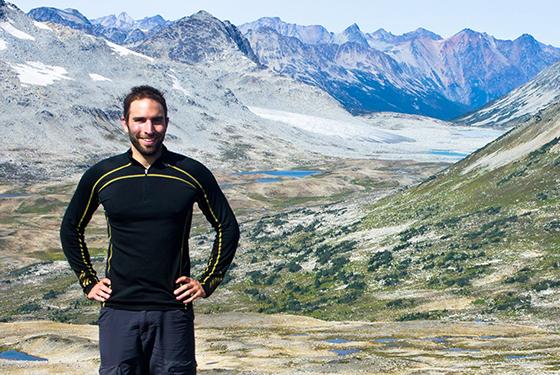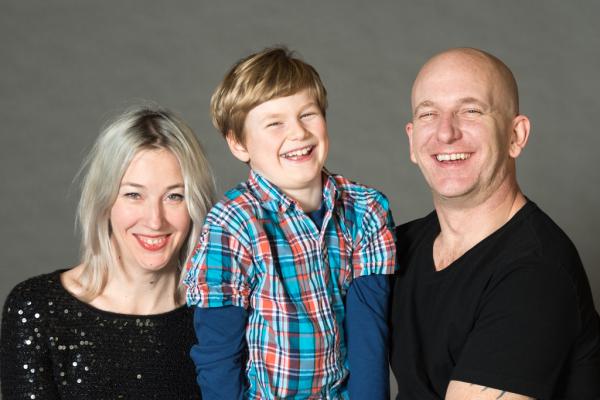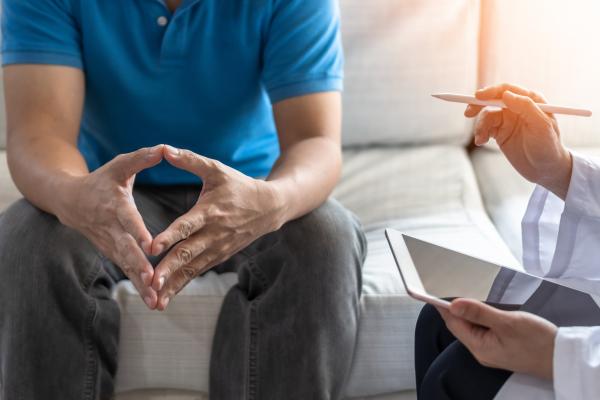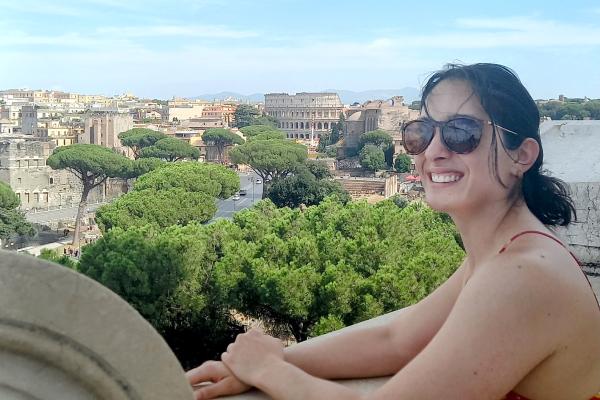
Steve is from Mississauga, Ontario, but he came out west and obtained his bachelor’s degree from UBC in mechanical engineering before returning to Ontario to complete his Masters at the University of Waterloo, where he conducted research on cervical spine ligament material properties. Steve is currently working on his PhD under the supervision of Dr. Tom Oxland studying the biomechanics of spinal cord injury. His research focuses on the effects of different variables such as injury mechanism and impact velocity on the effectiveness of early surgical decompression treatment. Steve is also the Chair of the ICORD Trainee Committee. When he’s not busy with his research, he likes to get outside as much as possible.
What is your area of interest?
I am interested in biomechanics, and this came to be late in my undergrad in mechanical engineering when I realized that applying the engineering principles we learned to the human body was really cool stuff.
What has been the proudest moment in your career?
I’m hoping I haven’t reached it yet. Most of my proud moments have been necessary milestones —finishing my Masters, PhD comprehensive exams, etc. My first paper getting accepted was pretty great.
One of my proudest moments non-career related, happened recently though. I’ve always wanted to go an entire day in the wilderness without even seeing or hearing another person, and this summer I managed 75 hours by myself in the remote Southern Chilcotin mountains (approximately six hours north of Vancouver). It’s an exhilarating feeling knowing you’ve got to be at least 30 km away from the next closest human being, and the only voice you hear is the echo of your own.
If you could be any superhero, which would you be and why?
Considering how much of my childhood was spent pretending I was a superhero, this question is surprisingly tough to answer. What I think really makes a true superhero is bravery and determination so it might have to be Wolverine.
If you could invite any three people (living or dead) to dinner, who would they be and why?
I’m going to bend the rules here a bit and say three dinners:
First, my late grandparents, one whom I never met and the other whom I was too young to get to know as well as I would have liked.
Second, my other grandparents, who are both alive and well but surely I’ll look back one day and wish that I had the chance for one more dinner with them.
Third, I’m not sure who, but it would have to be some explorer back in the day. It would be amazing to ask what it was like to sail off into the ocean, not knowing what you’re going to find that’s out of sight.
Do you see yourself continuing the work and loving what you do in 20 years?
No and yes. I’m sure I will love what I do in 20 years, and I love what I do now, I just don’t necessarily know that I’ll be doing this exact same job that far into the future. However, I know that whatever the future holds, I won’t fall into the trap of doing something I don’t love.
What would you do if you weren’t a researcher?
Realistically I’d probably get involved in some kind of biomechanical forensic and litigation work. Unrealistically I’d be somewhere up north leading wildlife tours into the bush and taking photos of grizzly bears (which I’d still like to do for a summer after I graduate but before starting ‘real life’).
What’s your healthiest habit?
I try to go to the gym every morning before coming into the lab. It’s not always possible with early morning seminars, and TA duties, but I think I do a pretty job with being consistent. It is especially tough this time of year to stay motivated when it’s so dark and cold out in the morning!


